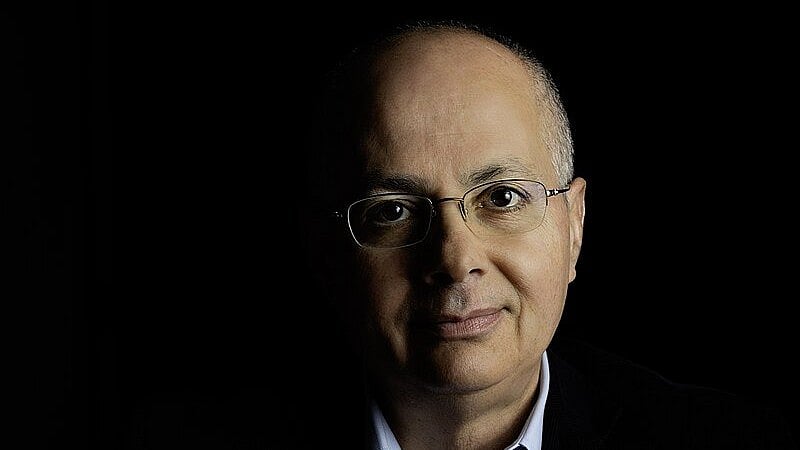
Omar M Yaghi
Credit: X/@muhammadshehad2
Born to Palestinian refugees in Jordan, Chemist Omar M Yaghi grew up in a crowded household. Now Omar Yaghi, along with Susumu Kitagawa, Richard Robson has been awarded the 2025 Nobel Chemistry Prize.
They won for developing a new form of molecular architecture, yielding materials that can help tackle challenges such as climate change and lack of fresh water.
Yaghi has become the first Palestinian scientist to win the Nobel Prize, and in his words it was "quite a journey".
"My parents could barely read or write. It’s been quite a journey, science allows you to do it," Yaghi said in an interview posted on The Nobel Prize X account.
Born in 1965, Yaghi is the James and Neeltje Tretter Professor of Chemistry in the University of California, Berkeley. He received his PhD in Chemistry from University of Illinois at Urbana-Champaign and was an NSF Postdoctoral Fellow at Harvard University.
After winning the prestigious prize, in an interview to The Nobel Prize team, Yaghi spoke about his early life as a refugee and of course chemistry.
"I grew up in a very humble home and, you know, we were, a dozen of us in one small room, sharing it with the cattle that we used to raise," Yaghi said.
Born in a family of refugees, he said that his parents could barely read or write. "My father finished sixth grade, my mother could not read and write," he said, adding it is "quite a journey, and science allows you to do it. science is the greatest equalising force in the world."
Yaghi then went on to talk about his dream of publishing at least one paper that receives 100 citations. "Now my students say our group has garnered over 250,000 citations. It was totally unexpected," he said.
At the age of 15, Yaghi left for the US on his fathers advice. He was very interested in the "beauty of molecules".
Recalling the time when he first saw a diagram of molecules at the age of 10 which fascinated him, Yaghi said, "I went to the library and opened a book. And there I found molecules."
"I didn't know they were molecules, but somehow, I was immediately drawn to them. And later, I learned that these are molecules that make up our world," he added.
